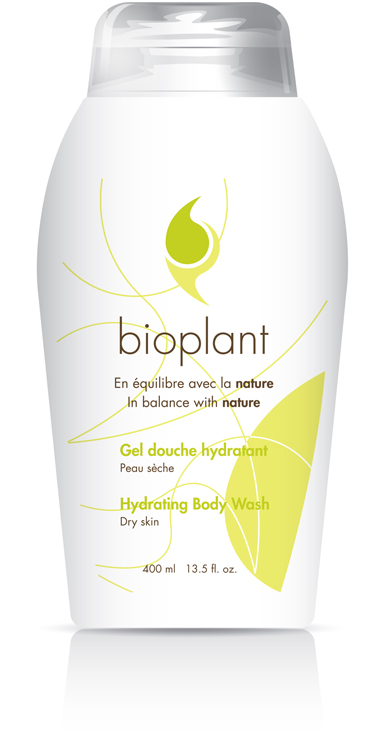
The skin is your body’s largest organ. It protects you everyday, but are you protecting it??
What we put on our bodies absorbs directly into our cells and can affect our health. Sometimes, not immediately, but overtime toxic chemicals can accumulate causing irreparable damage. Often we take a lot of time to think about our facial and hair care. What about your shower routine? What are you using everyday? Check your ingredient list to see if any of the following ingredients exist in your bath or shower gel. If they do it may be time to consider an alternative.
Some potentially harmful chemicals commonly used in body wash and shower gel:
1. Sodium Laureth Sulfate aka SLES (very common foaming agent)
▪ skin irritant
▪ can be contaminated with 1,4-dioxane, a hormone disrupter linked to breast cancer
▪ allows other chemicals to penetrate skin more deeply and enter bloodstream
2. Sodium Lauryl Sulfate aka SLS (very common foaming agent)
▪ similar to Sodium Laureth Sulfate, but often with worse effects as it takes the body longer to break down the residue
▪ most common skin irritant
▪ can cause dry skin, itchy skin (esp in winter months), as well as canker sores and eczema in more sensitive skin
▪ can permanently damage eye tissue
▪ can be absorbed into the body upon application and mimic Oestrogen
▪ may result in the formation of potentially carcinogenic nitrates and dioxins
3. Propylene Glycol (antifreeze)
▪ may cause immunotoxicity
▪ may cause respiratory toxicity
▪ may cause skin or sense organ toxicity (eye irritation, skin irritation, skin drying, defatting)
4. Cocamidopropyl betaine (foaming agent)
▪ may cause immunotoxicity
▪ may cause skin or sense organ toxicity (eye irritation, skin itching, burning or blistering)
5. Triclosan (antibacterial and antifungal agent)
▪ may cause skin or sense organ toxicity
▪ may cause immunotoxicity
▪ substance of very high concern in the European Union’s REACH program
▪ restricted for use in cosmetics in Canada and Japan
▪ linked to the development of allergies in children
▪ can combine with chlorine in tap water to form chloroform, a probable carcinogen
6. DMDM hydantoin (antimicrobial)
▪ may cause skin or sense organ toxicity (skin, eye or lung irritation)
▪ may cause immunotoxicity
▪ restricted for use in cosmetics in Japan (exposure may lead to formaldehyde allergy)
For a safe alternative consider the BIOPLANT line of body washes. 20% OFF now through to the end of June 2015. Available in store at Capilia Truly You and at the Capilia Store:
http://store.capilia.ca/index.php/hair-body-products/ln502.html
|
|

